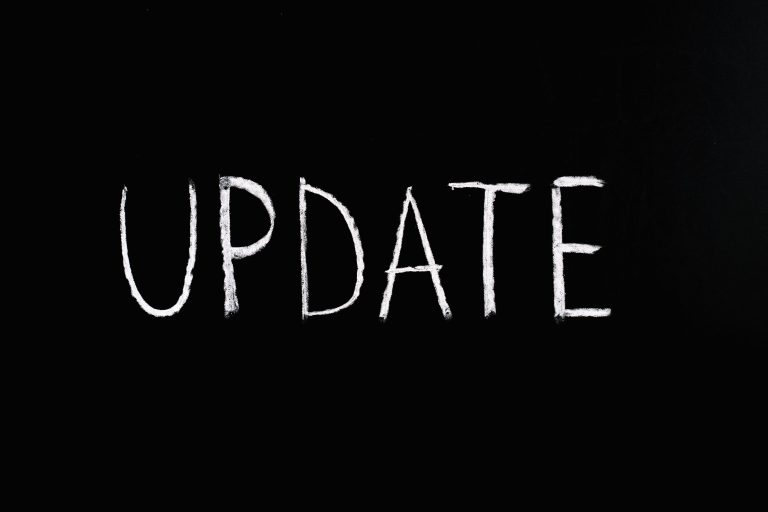In our busy lives, thinking about our mortality and what happens to our assets after we’re gone can be uncomfortable. The consequences of not writing a will cannot be overstated due largely to the confusion, complexities, and cost that dying intestate can cause. By not writing a will you can leave your loved ones exposed to numerous risks and complications. In this blog, we’ll explore ten key points to consider when it comes to the risks of not writing a will.
Intestacy Laws Determine Your Estate's Fate
If you don’t have a will, intestacy law will determine how your assets are distributed after your passing. These laws vary from place to place and may not align with your wishes. In many cases, your assets may go to distant relatives rather than the people you intended to inherit them.
Your Wishes May Not Be Honoured
By not writing a will you won’t have control over who receives your assets. Your hard-earned money and cherished possessions may end up in the hands of individuals you never intended to benefit. Writing a will ensures your wishes are respected, and that the people who you wish to benefit from your lifetime of hard work actually will.
Family Conflicts Can Escalate
Without clear instructions in a will, family members may argue over who should get what, potentially leading to bitter disputes and damaged relationships. These conflicts can linger for years, causing emotional distress and dividing your family. This is a very common, and tragic occurrence when families split apart over the money and assets of a departed loved one.
Guardianship Decisions May Be Left Uncertain
If you have minor children and don’t specify a guardian for them in your will, the court will decide who should take care of them. This decision might not align with your preferences, leading to potential instability and stress for your children. It is not the case that your children would automatically be cared for by grandparents or aunts and uncles. They would have little influence over the court, and your children may well end up in care.
Not Writing a Will can Delay the Probate Process
Writing a will means that the probate process can start immediately. Whilst the process takes around 6 months to complete, your will reduces delays in the distribution of your assets to your beneficiaries. Without a will, the process will be prolonged. Assets are likely to be frozen so your surviving spouse may not be able to access money.
Your family would have to apply for Letters of Administration to the Court, which can be a time consuming, expensive process while they are going through the stress of your death and the beginnings of the grieving process.
Potential Inheritance Tax Liabilities
If you haven’t planned for it, inheritance tax can take a significant chunk out of your estate. Writing a will and going through the estate planning process means that you can put plans in place to mitigate the risk of paying too much tax. That protects your estate and ensures that your beneficiaries will not have an onerous and unnecessary inheritance tax bill.
Your spouse is usually entitled to the spousal exemption, meaning that their inheritance from you is free from inheritance tax liability. However, it’s important to be aware that any gifts that you make to your spouse within seven years of your death will be combined with your estate and taken into account when assessing your overall inheritance tax liability.
When the surviving spouse dies, the inheritance tax thresholds are increased to consider the allowance passed on at the death of the first spouse.
However, this relies on a will being in place to avoid complications and additional expenses that can result from intestacy.
Beneficiaries May Be Left Out
The importance of writing a will cannot be overstated in this area. In your will you lay out clearly who your beneficiaries are, and what you wish to leave to them. That can include money, assets and personal possessions.
This problem can be particularly acute in non-traditional families where parents may be unmarried, or remarried with stepchildren.
Where a couple is unmarried, the surviving spouse will rely entirely on the next of kin. Stepchildren could be overlooked too.
This is a complex area, and one that can be easily avoided by putting a will in place for both parties in the first place.
Charitable Contributions May Be Neglected
If you have a strong desire to support charitable organizations, not having a will can result in your intended contributions being neglected. A will allows you to specify the charities and causes you wish to support.
Your Funeral Wishes May Go Unheeded
Your will isn’t just about distributing assets; it can also include instructions for your funeral or memorial service. Without clear guidance, your loved ones may be left guessing about your preferences during an already emotional time.
Financial Vulnerability for Dependents
If you have dependents, whether they are children, elderly parents, or disabled family members, failing to write a will can leave them financially vulnerable. A well-structured will can provide for their needs and ensure their financial stability after your passing. This will ensure that they have access to the finance that they need and that you wish to provide so that they can afford the support that they require in their day-to-day lives.
And Finally...
The risks of not writing a will are numerous and far-reaching. Failing to create a will can result in unintended consequences, disputes, and financial hardships for your loved ones. By taking the time to plan and document your wishes in a will, you can provide peace of mind and security for those you care about. Don’t delay; get in touch with a member of our team to begin the process of creating your will and safeguarding your legacy.



